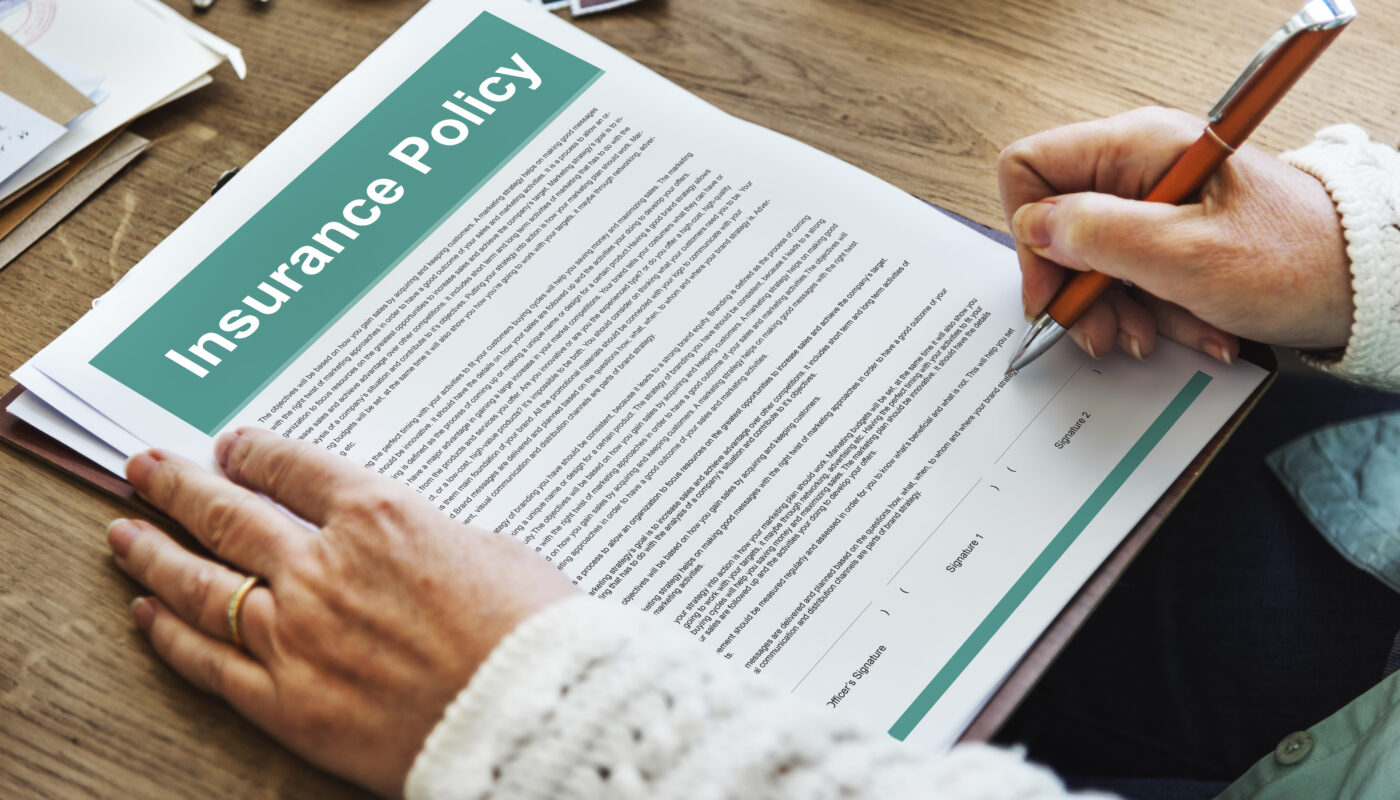Launching a business is an exciting venture, but it also comes with risks. As an entrepreneur, safeguarding your business against potential liabilities, accidents, and unexpected events is essential to ensure long-term success. Business insurance is a vital investment that can protect your company, employees, and assets from financial losses. Here, we’ll discuss the top five business insurance policies that every entrepreneur should consider to build a solid safety net for their business.
1. General Liability Insurance
Why You Need It
General liability insurance (GLI) is often the first insurance policy entrepreneurs consider. This foundational policy covers a wide range of claims that may arise from day-to-day operations, including bodily injuries, property damage, and personal injury. It’s essential for businesses that interact with the public, clients, or vendors, as it provides protection against lawsuits and legal costs.
What It Covers
General liability insurance covers:
- Bodily Injury: If a customer or visitor is injured on your business premises, this insurance can help cover medical costs and potential lawsuits.
- Property Damage: Accidental damage to a client’s property, for instance, can be costly. General liability insurance covers damages and repair expenses.
- Personal Injury: Defamation, libel, or slander claims made against your business are also included in this coverage.
- Advertising Injury: If you’re accused of copyright infringement or using similar branding to another company, this coverage can protect against claims of intellectual property infringement.
When You Should Consider It
If your business operates in physical locations where customers or third parties visit, general liability insurance is a must. Industries like retail, hospitality, and services are especially vulnerable to liability claims, but even online businesses can benefit from this policy.
2. Professional Liability Insurance (Errors and Omissions Insurance)
Why You Need It
Professional liability insurance, also known as errors and omissions (E&O) insurance, is essential for businesses that provide services or expertise to clients. This policy protects against claims of negligence, failure to deliver promised services, or mistakes that lead to financial losses for your clients. Professionals such as consultants, financial advisors, real estate agents, and creative agencies often rely on E&O insurance for protection.
What It Covers
Professional liability insurance covers:
- Negligence: Protects against claims where a client alleges your business was negligent in providing its services.
- Errors and Omissions: Mistakes happen, but when they do, this insurance can help protect your business financially if a client suffers a loss due to your error.
- Legal Defense Costs: If your business faces a lawsuit due to a service issue, the policy can help cover legal fees, even if the lawsuit is groundless.
When You Should Consider It
If your business provides expertise, advice, or any professional service, professional liability insurance is invaluable. Any company working in consulting, legal services, marketing, or similar fields is especially prone to claims of negligence or failure to deliver promised results.
3. Workers’ Compensation Insurance
Why You Need It
Workers’ compensation insurance is mandatory in most states for businesses with employees. It protects both employees and employers by covering costs associated with workplace injuries or illnesses. With this insurance, employees can receive medical treatment and wage replacement, while employers are protected from lawsuits related to workplace injuries.
What It Covers
Workers’ compensation insurance covers:
- Medical Expenses: Any medical bills related to workplace injuries or illnesses are covered under this policy.
- Lost Wages: If an employee is unable to work due to an injury, workers’ compensation provides a portion of their income.
- Disability and Rehabilitation: This insurance helps cover the costs associated with disabilities or rehabilitative services needed for an injured employee to return to work.
- Death Benefits: In tragic cases, workers’ compensation may cover funeral costs and provide financial support to the employee’s family.
When You Should Consider It
If you have employees, most states require you to carry workers’ compensation insurance. Even if it’s not legally required, having this policy can help your business avoid financial burdens associated with employee injuries or illnesses. Industries with higher risks of physical injury, such as construction, manufacturing, or healthcare, especially need workers’ compensation.
4. Commercial Property Insurance
Why You Need It
Commercial property insurance is crucial for protecting the physical assets of your business, including buildings, equipment, furniture, and inventory. Unexpected events like fires, floods, or vandalism can severely damage or destroy your assets. With property insurance, you can repair or replace damaged assets and keep your business running.
What It Covers
Commercial property insurance covers:
- Building and Premises: If you own or lease your workspace, this insurance covers physical damage to your building or premises.
- Equipment and Inventory: Expensive machinery, computers, and other valuable equipment used in your operations are protected.
- Furniture and Fixtures: Business property, such as furniture and fixtures, is also covered in the event of damage.
- Loss of Income: Some property insurance policies offer business interruption coverage, which helps compensate for lost income if your business is forced to close temporarily due to a covered event.
When You Should Consider It
Any business with physical assets, inventory, or equipment should consider commercial property insurance. Retailers, restaurants, and companies with physical warehouses or offices are examples of businesses that benefit significantly from this policy. It’s also essential for companies operating in areas prone to natural disasters, as it protects your business from costly damages.
5. Cyber Liability Insurance
Why You Need It
As more businesses rely on digital platforms, cyber liability insurance has become increasingly important. This type of insurance protects your business from financial losses due to cyberattacks, data breaches, and other cybersecurity threats. For businesses that handle sensitive customer information, such as credit card details or personal data, cyber liability insurance is a critical safeguard.
What It Covers
Cyber liability insurance covers:
- Data Breaches: If sensitive data is compromised, cyber liability insurance can help cover the costs associated with notifying customers, credit monitoring, and restoring lost data.
- Cyber Extortion and Ransomware: Cyber insurance can help pay for costs associated with extortion demands or ransomware attacks.
- Legal and Regulatory Fees: Cybersecurity incidents often lead to lawsuits or regulatory fines. Cyber liability insurance can help cover these expenses.
- Business Interruption: Some policies cover losses in income if a cyberattack forces your business to shut down temporarily.
When You Should Consider It
If your business collects, stores, or processes customer information, cyber liability insurance is essential. E-commerce businesses, healthcare providers, financial services, and educational institutions are particularly vulnerable to cyberattacks. Even if your business doesn’t handle sensitive information, having cyber insurance can provide peace of mind in an increasingly digital world.
Choosing the Right Insurance Policies for Your Business
While the above five insurance policies are commonly recommended, each business is unique. When selecting policies, it’s essential to:
- Evaluate Risks: Assess the specific risks your business faces based on industry, location, and operations.
- Review Coverage Limits: Each policy has limits on coverage amounts. Ensure that the coverage levels are adequate to meet potential risks.
- Understand Policy Exclusions: Each policy has exclusions, or specific situations that aren’t covered. Understanding these will help you avoid unexpected gaps.
- Bundle Policies: Some insurance providers offer package deals, such as a Business Owner’s Policy (BOP), which combines general liability, property, and business interruption insurance. This option may offer comprehensive coverage at a reduced cost.
Tips for Managing Your Business Insurance
- Review Policies Regularly: As your business grows, your insurance needs may change. Regularly reviewing and updating your policies ensures they still offer adequate protection.
- Work with a Knowledgeable Broker: An experienced insurance broker can help you identify gaps in coverage, find the best rates, and tailor policies to meet your business’s unique needs.
- Invest in Risk Management: Taking proactive measures to reduce risks, like improving cybersecurity, maintaining a safe work environment, and training employees, can lower insurance premiums and reduce claims.
Conclusion
The right business insurance policies provide a critical safety net for your business, protecting it from financial losses and legal challenges that could threaten its future. General liability, professional liability, workers’ compensation, commercial property, and cyber liability insurance are five essential policies for any entrepreneur. By investing in these types of insurance, you’re not only safeguarding your business assets but also building a foundation for long-term success.
For new entrepreneurs and seasoned business owners alike, understanding these essential policies and making informed choices can make all the difference in a business’s ability to thrive, even in challenging times.



